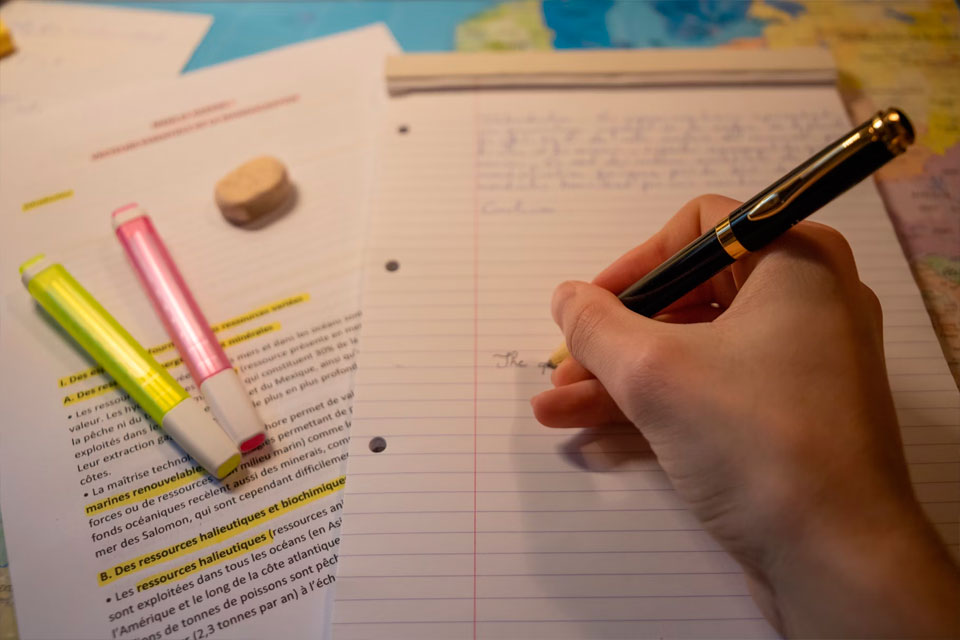Introduction
A well-structured study routine can be the difference between feeling overwhelmed and feeling in control of your academic life. Many students spend countless hours studying but still struggle with poor results, procrastination, and burnout. The secret isn’t necessarily studying more, but studying smarter — and that requires a daily study routine.
In this guide, we’ll walk you through practical steps to design the perfect routine that fits your lifestyle, maximizes productivity, and helps you achieve consistent results.

1. Identify Your Peak Productivity Hours
Not all hours are created equal. Some students are early birds, while others work best late at night. Observe your natural rhythm for a week and identify the time of day when you feel most focused. Reserve that time for your most difficult subjects.

2. Start with a Clear Plan
Before you open your books, have a specific goal for each study session. Instead of saying “I’ll study math,” say: “I’ll solve 20 algebra problems in 45 minutes.” Specificity makes tasks less intimidating and easier to track.

3. Break Your Day into Study Blocks
Studying for 6 hours straight is a recipe for exhaustion. Instead, break your day into 2–3 focused blocks of 1–2 hours each, with breaks in between. Techniques like Pomodoro (25/5) or 50/10 can help maintain concentration.

4. Mix Subjects to Stay Engaged
Studying the same subject all day leads to boredom and less retention. Instead, rotate between 2–3 subjects. For example, start with math, then switch to history, and later review language skills. This method, known as interleaving, keeps your brain active.

5. Include Review Sessions
Set aside 20–30 minutes each evening to quickly review what you studied during the day. This strengthens memory and prepares your brain for long-term retention. Even 10 minutes of review is better than none.

6. Don’t Forget Breaks and Meals
Breaks are not wasted time — they are essential for focus. Take short breaks every hour and longer breaks for meals. Proper nutrition (fruits, nuts, water) fuels your brain better than sugary snacks.

7. Stay Consistent
The key to building a study routine is consistency. Even if you don’t have assignments, stick to your schedule. Over time, your brain adapts, and studying becomes a habit rather than a struggle.

8. Adjust and Improve
Your routine should be flexible. If something isn’t working, adjust it. For example, if evenings make you too tired, move your study sessions earlier. Every student is different — the perfect routine is the one that works for you.

Conclusion
A perfect daily study routine doesn’t mean cramming for hours; it means finding a balanced schedule that maximizes focus, reduces stress, and creates consistent progress.

Start small: identify your best hours, plan tasks, add breaks, and stay consistent. Within weeks, you’ll notice not only better grades but also more confidence in your ability to manage time and learning.
